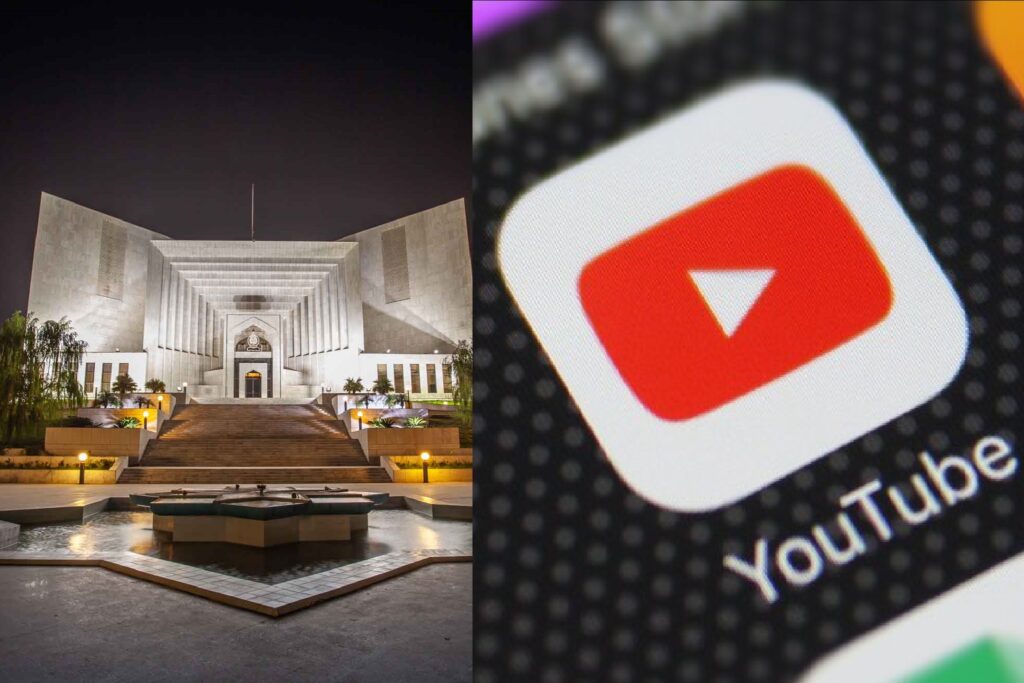Amid Pakistan Telecommunication Authority’s (PTA) ban on popular online multiplayer game PUBG and social networking application Bigo besides a “final warning” to TikTok, the Supreme Court (SC) has reportedly hinted at banning YouTube in Pakistan.
According to The Express Tribune, the apex court, while hearing the case of one Shaukat Ali involved in a sectarian crime, objected to unregulated content on social media, particularly comments regarding the judiciary, the armed forces and the government.
We have no objection to freedom of expression, remarked Justice Qazi Muhammad Amin. “Our salaries are paid from the money of the people, they have the right to raise questions on our decisions and our performance,” he said. “But the Constitution also grants us the right to privacy,” added Justice Amin.
He remarked that family members of the judiciary come under scrutiny on YouTube and referred to a decision announced a day earlier, which was discussed on the platform and asked whether the PTA and the Federal Investigation Agency (FIA) had taken notice of such happenings on the platform where judges were mocked and embarrassed.
A PTA official told the court that the PTA cannot remove objectionable content but can only report it.
READ: Final warning to TikTok as PTA plans to ban it over vulgar content
YouTube is banned in many countries, said Justice Mushir Alam, who was also on the bench. He asked whether anyone would dare post content against the United States (US) or the European Union (EU) on the platform.
Justice Amin asked how many people had been prosecuted for such crimes while Justice Alam noted that social media was regulated through local laws in many countries.
People are incited against the judiciary, the government and the armed forces, remarked Justice Amin.
The court then issued notices to the attorney-general of Pakistan (AGP) and the Foreign Ministry on the matter.
Pakistan’s digital space has been frequently restricted and is monitored closely through laws such as the Prevention of Electronic Crimes Act 2016 as well by the federal agencies PTA and FIA.







